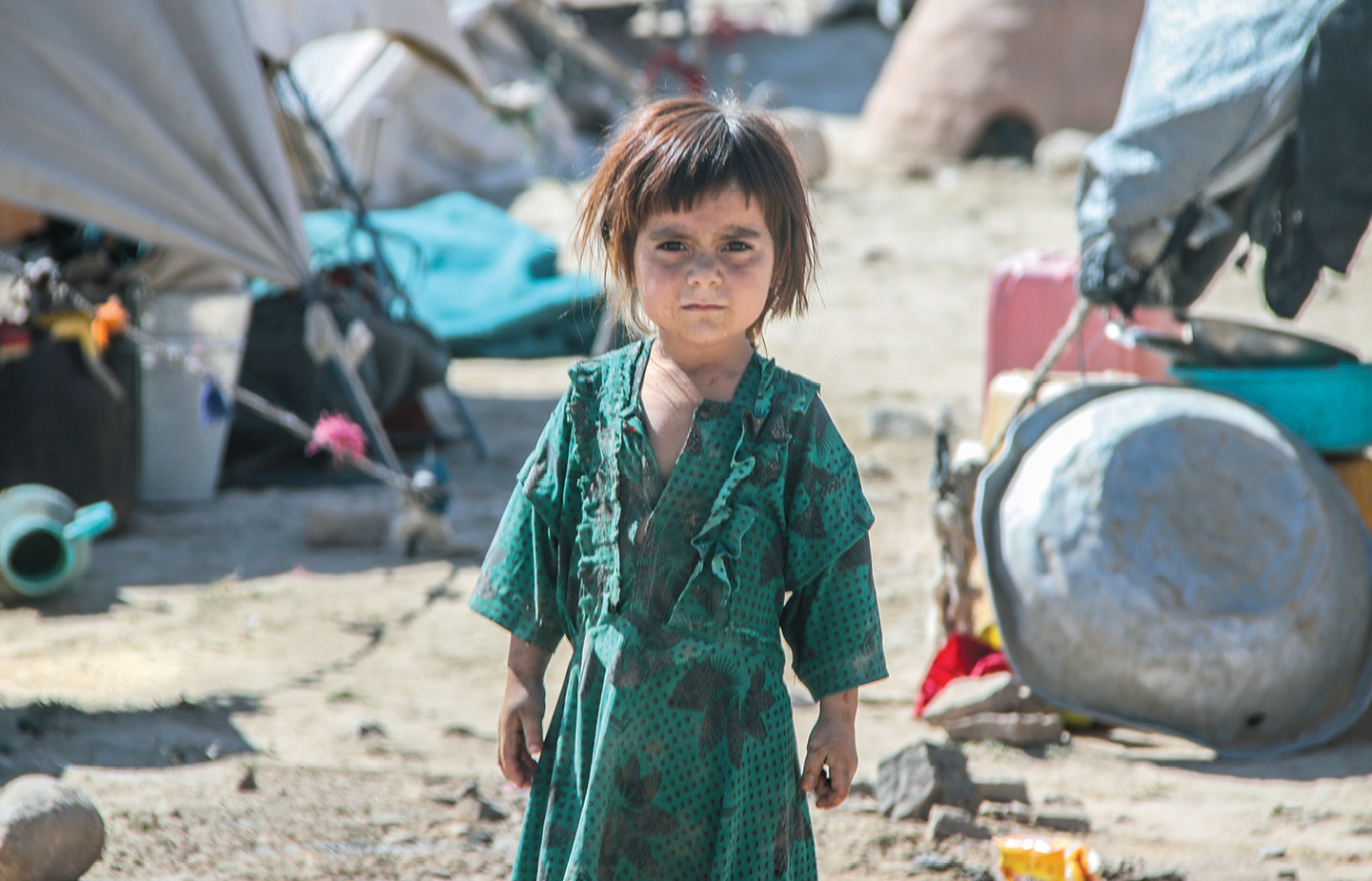After Afghanistan
Humanitarian Dana Hartman Freyer ’65 reflects on the plight and resilience of the Afghan people.
The first time Dana Hartman Freyer ’65 passed through Afghanistan, in 1972, it was a different place.
The now-retired attorney and international arbitrator became enamored with the country while working in her first job after graduating from Connecticut College. She served for three and a half years as the assistant to the Permanent Representative of Afghanistan to the United Nations, Abdul Rahman Pazhwak, who was also voted in as president of the U.N.’s General Assembly.
“I fell in love with the country through that experience and that exposure,” Freyer said. “I loved the beauty that I saw from afar, and there was a spirituality about the Afghan people—who are poets and writers and storytellers—that intrigued me. And there was a mystery about the country.”
At the time, Freyer remembers, many Americans had not even heard of Afghanistan. But she couldn’t wait to go.
After graduating from Columbia Law School and working as a legal services lawyer for a year, Freyer suggested to her husband, Bruce, a rabbi, that they take time off and drive to Afghanistan from Europe in 1972. At first, he thought she was crazy, she said, but he came around. They bought a Volkswagen Beetle in Germany and hit the road.
The goal was to spend as much time as possible in Afghanistan and then head to Nepal to meet with friends Freyer had made while studying in Geneva her junior year at Conn. The couple crossed Europe, Turkey and Iran.
“In Iran, we had a little bit of a detour because I found out that I was pregnant, which wasn’t part of the planned itinerary,” Freyer said with a chuckle.
In the early 1970s, Afghanistan was still a constitutional monarchy. Radical Islamic fundamentalism wouldn’t take hold in the region until after the Iranian revolution of 1979. Women were doctors, lawyers and nurses and rode bikes to school, Freyer recalled.
“In the countryside, culturally it was very traditional,” she said, “but one of the hallmarks of the Afghan culture is hospitality, and so everybody’s doors were open.”
The Freyers’ Volkswagen Beetle traversed “every Jeepable road” and the couple saw large swathes of the country over a month.
“That trip seared Afghanistan into our souls,” she added. “It was such a beautiful country. Poor, but people were fed, families supported each other.”
And then war came.


